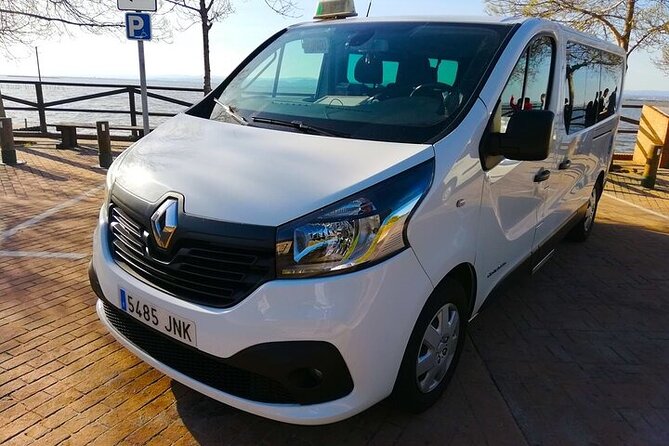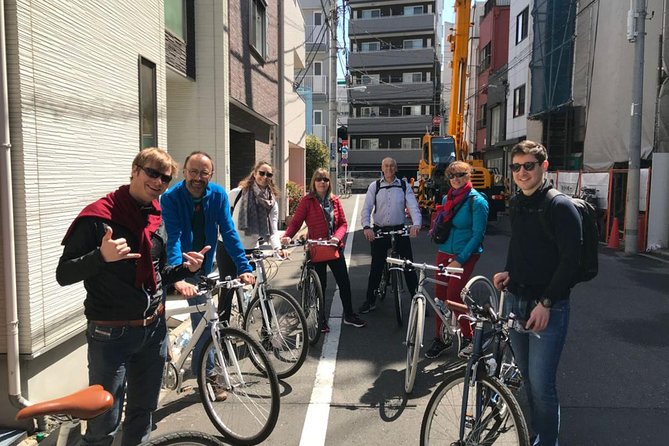Introducing the captivating article, ‘First Time Skiing Experience Empty-Handed,’ which delves into the exhilarating adventure of skiing without the aid of poles.
For those unfamiliar with the concept, this article provides a fresh perspective on the unique experience of relying solely on body balance and technique while conquering the slopes. With an engaging and informative style, the article aims to inspire both beginners and seasoned skiers alike to embrace this unconventional approach.
It explores the challenges and rewards of mastering the art of skiing without poles, offering practical advice and tips for those eager to try something new. ‘First Time Skiing Experience Empty-Handed’ promises to be an informative and exciting read, encouraging readers to step out of their comfort zones and embrace the freedom and creativity that skiing without poles can provide.
Quick Takeaways
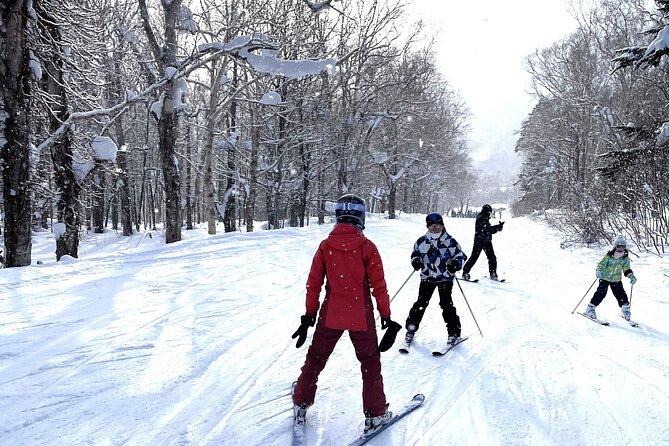
- Research and choose a ski resort that offers amenities and a location that align with personal preferences
- Rent or purchase the necessary ski gear and equipment, ensuring they are in good condition and properly adjusted
- Learn and practice the basic techniques of skiing, focusing on proper body positioning, turning, and braking techniques
- Prioritize safety by regularly checking equipment, wearing appropriate protective gear, and skiing within one’s ability level
Choosing the Right Ski Resort
When choosing the right ski resort, it’s important to consider the various options available to ensure a satisfying and enjoyable experience. One key aspect to consider is the ski resort amenities.
Different resorts offer different amenities, such as ski rentals, ski schools, restaurants, and spa facilities. These amenities can greatly enhance your skiing experience and make your stay more comfortable and convenient.
Another important factor to consider is the ski resort location options. Ski resorts can be situated in various locations, such as mountains, valleys, or near towns. Each location offers its own unique advantages, whether it’s breathtaking mountain views, easy access to nearby attractions, or a vibrant après-ski scene.
Essential Gear and Equipment
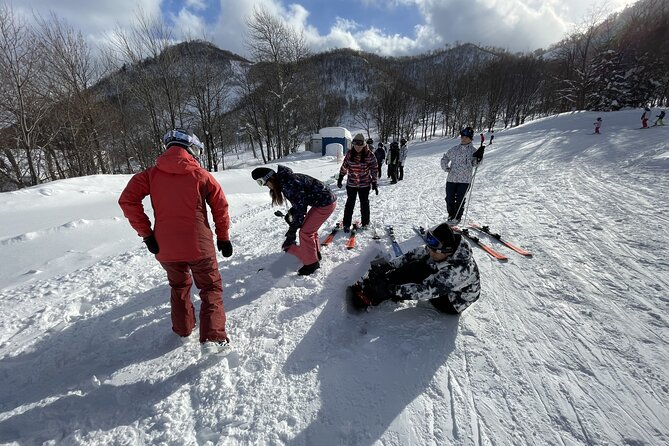
To fully prepare for your first time skiing experience, it’s essential to gather the necessary gear and equipment.
One option is to rent equipment from a ski shop near the resort. This can be a cost-effective choice for beginners who may not want to invest in their own gear. The rental equipment typically includes skis or snowboards, boots, and poles.
Plus, it’s important to have the right clothing and accessories. A packing checklist may include items such as waterproof and insulated ski pants and jackets, thermal layers, gloves or mittens, goggles or sunglasses, a helmet, and thick socks. It’s also recommended to bring sunscreen, lip balm, and a small backpack for carrying essentials like water and snacks.
Understanding the Basics of Skiing
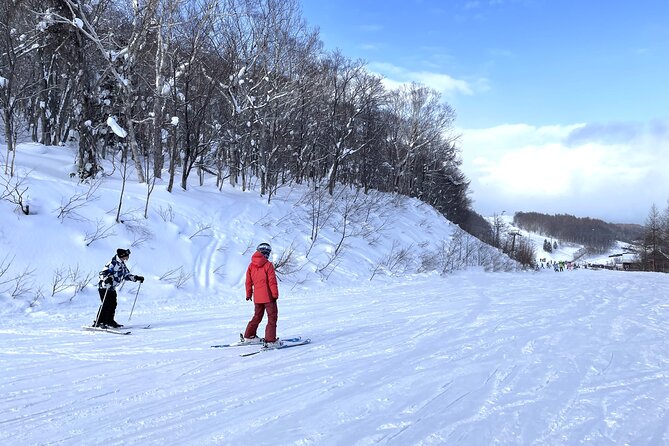
Beginners should familiarize themselves with the basic techniques and movements of skiing before hitting the slopes. Here are some important aspects to understand:
- Proper body positioning: Skiers should lean forward slightly with their knees bent and weight evenly distributed between both skis. This helps maintain balance and control while skiing.
- Turning techniques: There are various ways to turn while skiing, such as the snowplow or wedge turn, where the skis are positioned in a V shape. Another technique is the parallel turn, where both skis are parallel to each other throughout the turn.
- Braking: Learning how to stop is crucial for safety. Skiers can use techniques like the snowplow or hockey stop to slow down or come to a complete stop.
- Avoiding common mistakes: Beginners often struggle with leaning back, which can lead to loss of control. It’s important to maintain a forward stance and avoid leaning too far back.
Safety Tips for First-Time Skiers
First-time skiers should always carefully and regularly check their equipment before hitting the slopes. This is an essential safety tip to ensure that all gear, such as skis, boots, and bindings, are in good condition and properly adjusted.
Plus, beginners should take the time to learn and practice proper skiing techniques to minimize the risk of injury. This includes mastering basic skills such as turning, stopping, and controlling speed.
It’s also important to be aware of common skiing injuries, such as sprains, strains, and fractures, and take precautions to avoid them. Wearing appropriate protective gear, such as helmets and goggles, and skiing within one’s ability level are crucial for a safe and enjoyable skiing experience.
Finding the Perfect Ski Instructor
When embarking on your first skiing adventure, it’s crucial to find the perfect ski instructor to guide you through the slopes and help you master the necessary skills. Here are some key factors to consider when finding the right ski instructor:
- Experience: Look for an instructor with ample experience in teaching beginners. They should have a solid understanding of the learning process and be able to effectively communicate instructions.
- Teaching Style: Every instructor has their own teaching style. Some may focus on technique, while others prioritize building confidence. Find an instructor whose teaching style aligns with your goals and learning preferences.
- Personality: A positive and patient instructor can make a huge difference in your skiing experience. Look for someone who’s friendly, encouraging, and able to create a comfortable learning environment.
- Additional Services: Some ski instructors may also offer assistance in finding ski rentals and preparing for different weather conditions. Consider whether these additional services would be beneficial for you.
Exploring Beginner-Friendly Ski Runs
The ski resort offers a variety of beginner-friendly ski runs for those new to the sport. These runs are designed to provide a safe and enjoyable experience for beginners, allowing them to practice their skills and build confidence on the slopes.
When exploring these runs, it’s important to follow skiing etiquette, which includes yielding to faster skiers, staying in control, and respecting the mountain environment.
Plus, it’s helpful to know the best times to go skiing as a beginner. Generally, weekdays tend to be less crowded, providing a quieter and more relaxed atmosphere for beginners to learn and progress. Early mornings and late afternoons are also great times to avoid the crowds and enjoy the slopes at a more leisurely pace.
Making the Most of Your First Skiing Experience
To maximize their first skiing experience, beginners should come prepared with the necessary equipment and a positive attitude. Here are some tips to help beginners make the most of their time on the slopes:
- Take a lesson: Enrolling in a ski lesson is a great way to learn the basics and gain confidence. Ski instructors can provide valuable guidance and help beginners navigate the slopes safely.
- Rent or buy proper equipment: Having the right equipment is essential for a successful skiing experience. Beginners should rent or buy skis, boots, and poles that are suitable for their skill level. It’s also important to wear appropriate clothing and protective gear.
- Make friends: Skiing is a social activity, so don’t be afraid to strike up conversations with fellow skiers. Making friends on the slopes can enhance the experience and even lead to future skiing adventures together.
- Enjoy après ski activities: After a fun day on the slopes, take advantage of the après ski activities. Relax in a cozy lodge, indulge in delicious food and drinks, and unwind with live music or entertainment.
Frequently Asked Questions
Can I Cancel My Ski Lesson and Get a Refund if I Change My Mind?
Yes, you can cancel your ski lesson and receive a refund if you change your mind. The ski lesson cancellation policy allows for a full refund if canceled at least 24 hours in advance.
Is There a Maximum Age Limit for Participating in a Ski Lesson?
There is no maximum age limit for participating in ski lessons. In fact, there are many benefits to taking ski lessons at an older age, such as improved balance, strength, and confidence on the slopes.
Are There Any Restrictions on What I Can Wear While Skiing?
There are no specific restrictions on what you can wear while skiing. However, it is recommended to wear appropriate skiing attire, including layers, waterproof clothing, and insulated gloves. Skiing gear rentals are available for those who don’t have their own equipment.
Can I Rent Ski Equipment at the Resort or Do I Need to Bring My Own?
Yes, ski equipment can be rented at the resort. There is no need to bring your own equipment. Renting equipment is a convenient option for first-time skiers or those who prefer not to travel with their own gear.
Is It Possible to Take Breaks During the Ski Lesson if I Need to Rest?
Yes, it is common for beginners to take breaks during a ski lesson if they need to rest. Ski instructors understand the physical demands of skiing and will accommodate your needs to ensure a safe and enjoyable experience.
The Sum Up
To sum it up, skiing without poles offers a thrilling and unique experience for both beginners and seasoned skiers.
By relying solely on body balance and technique, skiers can embrace a sense of freedom and creativity on the slopes.
With proper gear, understanding of the basics, and guidance from a skilled instructor, this unconventional approach to skiing can be mastered.
So, step out of your comfort zone and embark on a new skiing adventure, empty-handed and ready to conquer the slopes.


